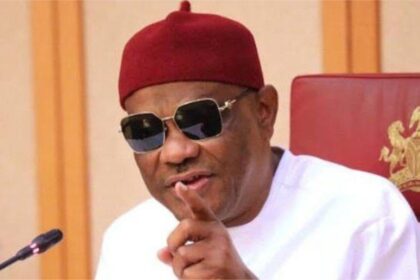An Undersea cable damage on Thursday, March 14, disrupted internet services across Nigeria and by extension Africa, The Nation has learnt.
Countries including South Africa, Ghana, Kenya, Ivory Coast, Liberia, Cameroon, Benin, and others also reported service disruptions.
The damage affected major undersea cables near Abidjan in Côte d’Ivoire and is causing downtime across West and South African countries.
In a statement on X, formerly Twitter, Vodacom said: “Certain customers are currently experiencing intermittent connectivity issues due to multiple undersea cable failures affecting SA’s network providers, including us. We apologise for any inconvenience caused.”
The outage has also affected services such as Microsoft Azure and Office 365.
According to one of the world’s leading financial news organisations, Bloomberg, the West Africa Cable System, MainOne and ACE sea cables — arteries for telecommunications data — were all affected on Thursday.
Some bank networks in Nigeria have been down and unable to process transactions as a result of the internet outage.
Responding to its customers’ complaints over the poor internet connectivity being experienced, MTN has issued a statement explaining the cause. The company said: “We apologize for the challenges you may be experiencing with internet speed and accessing data services at the moment.
“This is a result of damage to international undersea cables across East & West Africa. The repair process is ongoing to resolve the situation as soon as possible. Please look out for further updates.”
The latest outage comes after subsea cable operator Seacom recently encountered a service-affecting outage on its cable system in the Red Sea.
Last week, the company said it was waiting for a permit to start repairing its broken submarine cable in the Red Sea.
The Red Sea is a critical telecommunications route, connecting Europe to Africa and Asia via Egypt.
The damaged cables carry about 25% of traffic in the region, according to estimates from Hong Kong-based internet provider HGC Global Communications, which uses the cables.
It was re-routed via alternative cables, including via the west coast of Africa.



